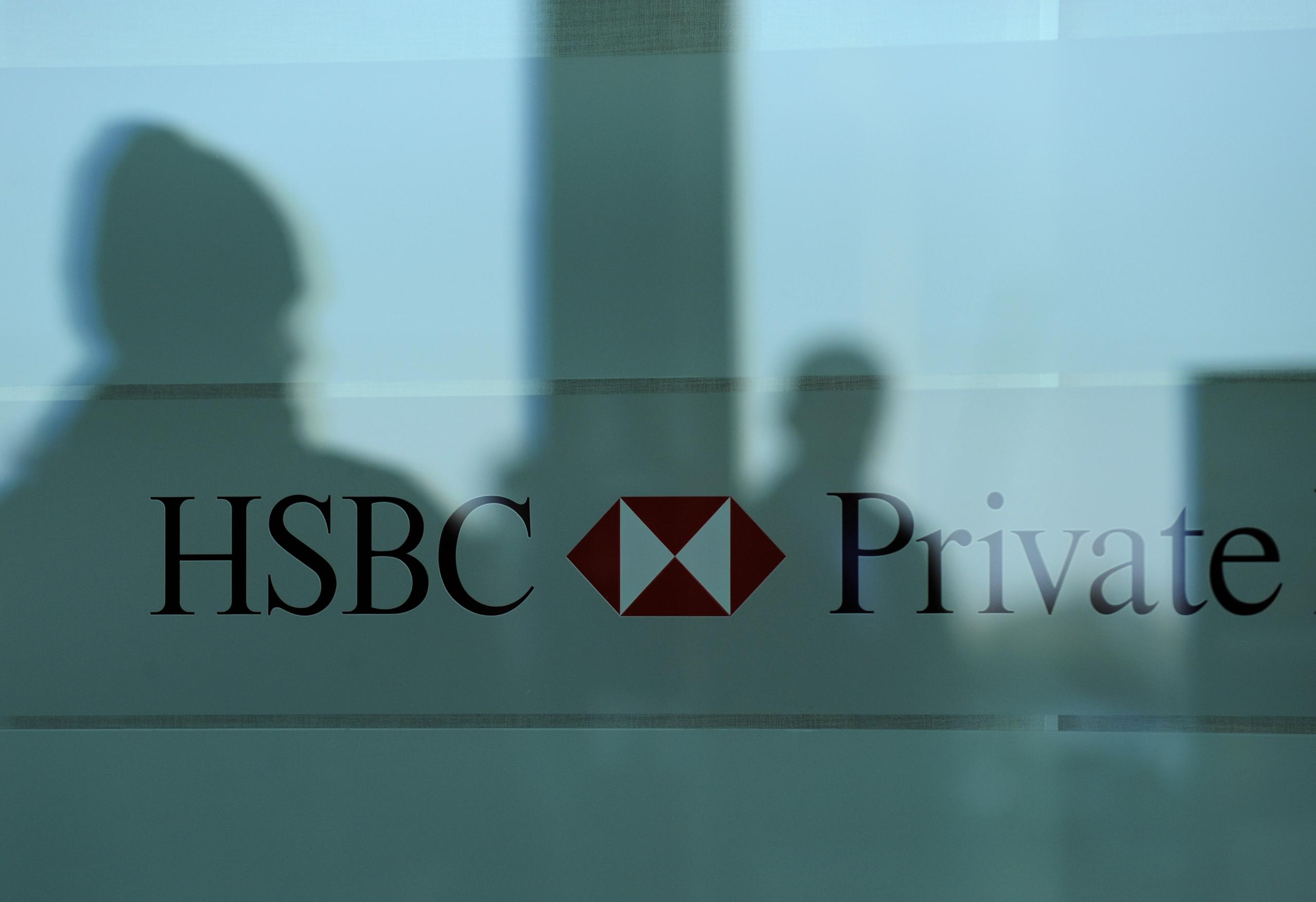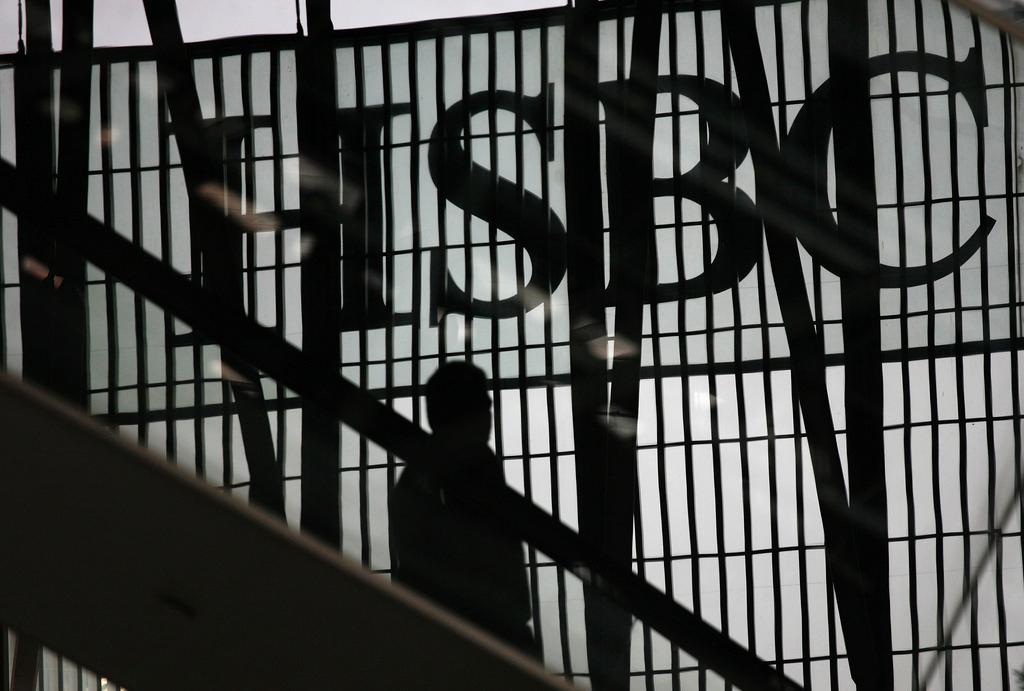In Switzerland, Swiss Leaks ‘from bygone era’

Media, trade groups and regulators in Switzerland are asserting that HSBC Private Bank’s aiding of tax evaders has “primarily historical value” given that the Swiss financial marketplace has completely re-invented itself since the incriminating data was stolen.
The Swiss Bankers Association said in reaction to the leaks that “we are convinced everyone knows that the Swiss financial centre realigned itself years ago”, describing the documents stolen by former HSBC Geneva employee Hervé Falciani as “cases from the past”.
The Neue Zürcher Zeitung (NZZ) newspaper echoed that sentiment on Tuesday, stating that “amid all the outrage, one point cannot be overlooked: all of the revelations are based on client data that were stolen in 2006 and 2007…they show a reality that does not exist anymore today”.
#SwissLeaksExternal link: Cases from the past; Swiss financial centre has undergone profound change since 2008
— SwissBanking (@SwissBankingSBA) February 9, 2015External link
The paper bases that conclusion on the fact that HSBC has reinvented itself in the years since, investing CHF100 million ($108 million) in its IT infrastructure and reducing its client base by 70%.
“Today HSBC Private Bank only serves very well-off clients with more than $5 million, and only in 29 markets instead of 150 countries [as in the past],” the NZZ points out. “All this has served to allow the bank to finally leave its inglorious past behind.”
The NZZ’s editorial also pointed out that the incriminating data was analysed after its theft by external parties and that there are certain people “who want to know about changes and manipulation to the data, perhaps by the French tax authorities [who first received it].” The paper concludes that “the quality of the data is not beyond any doubt”.
PLACEHOLDERMichel Dérobert, the head of the Swiss Private Banking Association, also told the newspaper Le Temps of a “bygone era” and of a situation that “even if it was possible yesterday, it is no longer possible today”.
And FINMA, Switzerland’s financial regulatory authority, says it has investigated HSBC Switzerland twice since 2007, having to do with money laundering. “We took measures against the bank which had to adapt its internal procedures,” a FINMA spokesperson told Le Temps. “Today, we don’t have any indication to make us think that the bank isn’t fully complying with regulations.”
However, for HSBC Geneva employees caught up in this week’s revelations, the issue is more immediate. One worker told Le Temps that “the phone hasn’t stopped ringing” with clients and the media on the other end asking about the bank’s activities.
Another employee told Le Temps that “with the successive layoffs we’ve been experiencing over the past few years, the environment at work was already not looking good. But with a hit on our image like this, I almost envy those who were let go. Because the worst thing, at the moment, may just be still getting a salary from this bank.”
Legal and moral questions
For his part, the editor-in-chief of the Tages-Anzeiger newspaper points out that even though the data used in the Swiss Leaks reporting is old, “the bank was required to carefully examine its client data [at the time]”, based on strict anti-money laundering laws Switzerland has had in place since the late 1990s.
“The new revelations bring up questions as to how quickly and efficiently Swiss authorities put these laws into practice – and how seriously the banks took them.”
And The Guardian newspaper finds that judgment over HSBC’s actions in the past comes down to morality.
“The chief defence offered by HSBC corporately is that the Swiss skullduggery reflected the federated structure of the bank’s past, as if this structure had been merely an inheritance of historical accident, which had latterly been put right,” the paper finds. “At root, this is a story about the culture of a crooked form of capitalism.
The Guardian also wonders, “how on Earth was it that the 3,000-plus cases that HMRC [Revenue and Customs] investigated on the strength of the Swiss cache have contributed to just a single prosecution, and even then of someone who was already being pursued?”
Similar questions have also come to the forefront for governments like India’s, whose citizens were on the leaked list of HSBC clients. But it’s unclear whether the revelations are new enough or proof enough to convict anyone.
And for the Irish Times, the document leak brings with it a warning for anyone thinking about stashing money abroad.
“The ‘leaking’ of thousands of secret files from the HSBC’s private bank in Switzerland should be a warning to those who think they can get away with tax evasion of just how easy it is for their personal, and what some considered highly secret, financial information to be disseminated around the world.”

In compliance with the JTI standards
More: SWI swissinfo.ch certified by the Journalism Trust Initiative












You can find an overview of ongoing debates with our journalists here . Please join us!
If you want to start a conversation about a topic raised in this article or want to report factual errors, email us at english@swissinfo.ch.